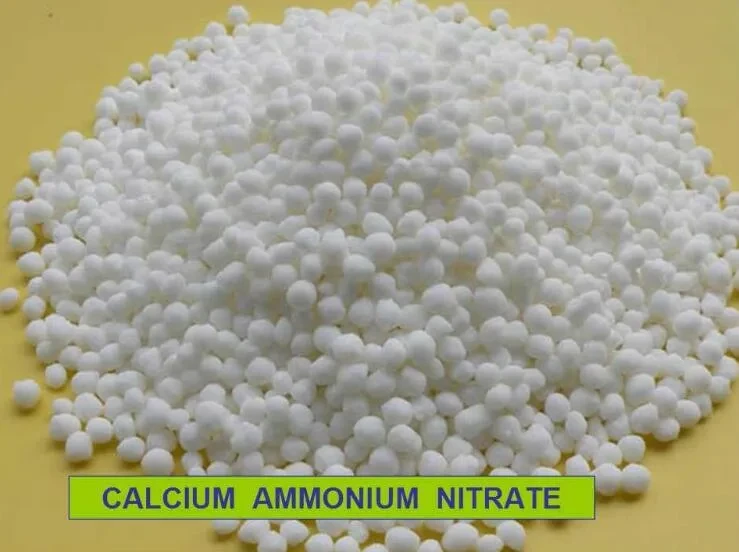



chemical used in sewage treatment plant
The Role of Chemicals in Sewage Treatment Plants
Sewage treatment plants (STPs) play a critical role in ensuring that wastewater is effectively processed before being released back into the environment. This intricate process involves various physical, biological, and chemical methods to remove contaminants. Among these, chemical treatments are essential for enhancing the efficiency of sewage treatment and ensuring compliance with environmental regulations.
The primary goal of sewage treatment is to eliminate harmful pollutants, including organic matter, pathogens, and nutrients, from wastewater. This is where chemicals come into play. Different types of chemicals are used throughout the sewage treatment process, each serving a specific purpose.
The Role of Chemicals in Sewage Treatment Plants
Another category of chemicals commonly utilized is coagulants and flocculants. These substances, such as aluminum sulfate and polyacrylamide, help facilitate the removal of suspended solids from wastewater. Coagulation involves the destabilization of colloidal particles, which are then aggregated into larger clusters or flocs that can be easily removed through sedimentation or filtration. This process significantly improves the clarity and quality of the treated effluent, making it safer for discharge into the environment.
chemical used in sewage treatment plant

Nutrient removal is also a critical component of sewage treatment, particularly for nitrogen and phosphorus, which can lead to eutrophication in water bodies if not adequately addressed. Chemicals such as ferric chloride and sodium aluminate are often added to facilitate the precipitation of phosphorus. Additionally, biological nutrient removal (BNR) processes may incorporate chemicals like methanol as a carbon source to support the growth of bacteria that can consume nitrogen compounds.
An emerging trend in sewage treatment is the use of environmentally benign chemicals. As awareness of the impact of traditional chemicals on human health and the environment grows, many STPs are seeking sustainable alternatives. Biologically-based treatments, such as enzymes and naturally derived coagulants, are being explored for their lower ecological footprint and reduced toxicity.
Despite their advantages, the use of chemicals in sewage treatment also raises concerns regarding safety and environmental impact. The improper handling of chemicals can result in hazardous spills or accidents, while residual chemicals in effluent can potentially harm aquatic life. Therefore, wastewater treatment plants must implement stringent safety protocols and monitoring systems to ensure that chemical usage is both effective and responsible.
In conclusion, chemicals are indispensable in the sewage treatment process, enhancing the ability to purify wastewater and protect environmental health. As technology and regulations evolve, the focus on sustainable and less harmful chemical alternatives is likely to grow. The continued advancement of chemical treatment methods will not only bolster the efficacy of sewage treatment plants but also contribute to a cleaner and healthier ecosystem. Through improved chemical applications, we can move closer to achieving a sustainable approach to wastewater management, safeguarding our planet for future generations.
-
Why Sodium Persulfate Is Everywhere NowNewsJul.07,2025
-
Why Polyacrylamide Is in High DemandNewsJul.07,2025
-
Understanding Paint Chemicals and Their ApplicationsNewsJul.07,2025
-
Smart Use Of Mining ChemicalsNewsJul.07,2025
-
Practical Uses of Potassium MonopersulfateNewsJul.07,2025
-
Agrochemicals In Real FarmingNewsJul.07,2025
-
Sodium Chlorite Hot UsesNewsJul.01,2025










